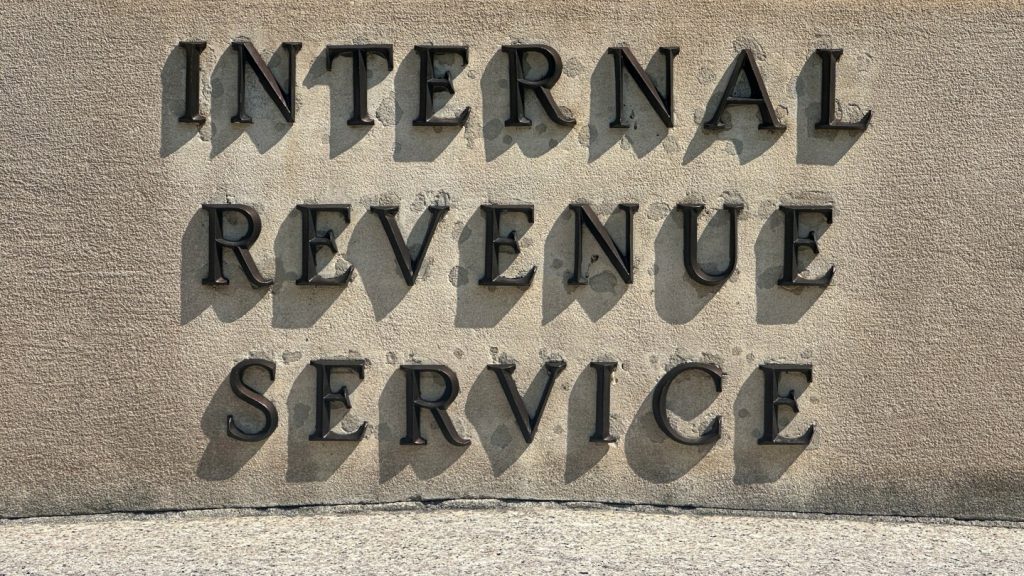Listen to the article
The Trump administration has confirmed that IRS Direct File, the federal government’s free tax filing system, will not be available for the 2026 tax filing season, effectively ending a program that had been recently established as permanent under the Biden administration.
In an email sent Monday to state comptrollers participating in the Direct File program, IRS official Cynthia Noe stated, “IRS Direct File will not be available in Filing Season 2026. No launch date has been set for the future.” The Direct File website now simply states that the program “is closed” with more information to be available later.
Treasury Secretary Scott Bessent, who also serves as the current IRS commissioner, defended the decision during a White House briefing on Wednesday. “It wasn’t used very much,” Bessent claimed. “And we think that the private sector can do a better job.” He added that there are “better alternatives” to the government-run filing system.
However, data from the IRS itself contradicts the assertion about low usage. According to documentation obtained through a Freedom of Information Act request by the Center for Taxpayer Rights, 296,531 taxpayers successfully submitted returns through Direct File for the 2025 tax season. This represents a significant increase from the 140,803 accepted returns processed during the program’s 2024 pilot phase.
The Direct File initiative emerged from the Inflation Reduction Act signed by President Biden in 2022, which directed the IRS to explore creating a free, government-operated tax filing system. The Biden administration invested tens of millions of dollars in developing the program, which expanded from a limited pilot in 2024 to a permanent offering announced in May 2025.
Users praised the system for its simplicity, speed, and cost savings. The average American typically spends approximately $140 annually on tax preparation services, making the free alternative particularly valuable for lower and middle-income taxpayers.
The program’s elimination comes after extensive opposition from the tax preparation industry, which has spent millions lobbying Congress against the government-run alternative. Companies like Intuit (maker of TurboTax) and H&R Block have long profited from the complexity of the U.S. tax code, with their businesses built around charging Americans to navigate the filing process.
Republicans in Congress consistently criticized Direct File as unnecessary government spending, arguing that free filing programs already exist through the Free File Alliance, a partnership between the IRS and private tax software companies. However, critics point out that these existing free options are often difficult to find and use, with many taxpayers ultimately being upsold to paid versions.
The decision aligns with broader cost-cutting initiatives within the Trump administration, particularly through the Department of Government Efficiency led by Elon Musk. The Associated Press had previously reported in April that the program’s future was in jeopardy, noting that IRS staff assigned to Direct File had been instructed to cease development work for the upcoming tax season.
Adam Ruben, a vice president at the liberal-leaning Economic Security Project, criticized the move: “It’s not surprising that the program was eliminated. Trump’s billionaire friends get favors while honest, hardworking Americans will pay more to file their taxes.”
The termination of Direct File represents a significant victory for the tax preparation industry and a setback for advocates of simplified, accessible tax filing. With no replacement system announced, taxpayers will once again need to navigate private options for the 2026 filing season, either paying for services or attempting to qualify for the industry’s more limited free filing programs.
Fact Checker
Verify the accuracy of this article using The Disinformation Commission analysis and real-time sources.




5 Comments
The government’s justification for ending the IRS Direct File program seems questionable. I’d like to see more data on its actual usage and effectiveness before accepting the claims of low utilization.
Agreed. Transparency around the decision-making process would be helpful for taxpayers to understand the rationale.
This is disappointing news for taxpayers who valued the simplicity and no-cost option of the IRS Direct File system. I hope alternative solutions can step up to fill this void.
Interesting development. I wonder how this will impact lower-income taxpayers who relied on the IRS Direct File program. Hopefully the private sector options will be affordable and user-friendly.
You raise a good point. Accessibility and affordability should be key considerations if the private sector takes over tax filing services.